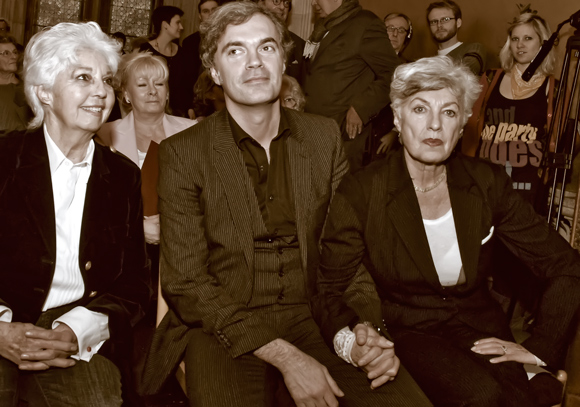Neurotic needs are compulsive attachments. “The various strategies the child adopts to cope with anxiety can eventually become persistent and irrational needs that cause both neurosis and personality disorder”
“Basic anxiety is the foundation of the neurotic personality. Horney identifies ten strategies and corresponding needs that neurotics develop to cope with their excessive anxiety and feelings of helplessness and loneliness”
Karen Horney first listed these 10 “neurotic needs” in Self-Analysis, 1942.
1. The neurotic need for affection and approval:
• Indiscriminate need to please others and to be liked and approved of by others;
• Automatic living up to the expectations of others;
• Center of gravity in others and not in self, with their wishes and opinions the only thing that counts;
• Dread of self-assertion;
• Dread of hostility on the part of others or of hostile feelings within self.
2. The neurotic need for a “partner” who will take over one’s life:
• Center of gravity entirely in the “partner,” who is to fulfill all expectations of life and take responsibility for good and evil, his successful manipulation becoming the predominant task;
• Overvaluation of “love” because “love” is supposed to solve all problems;
• Dread of desertion;
• Dread of being alone.
3. The neurotic need to restrict one’s life within narrow borders:
• Necessity to be undemanding and contented with little, and to restrict ambitions and wishes for material things;
• Necessity to remain inconspicuous and to take second place;
• Belittling of existing faculties and potentialities, with modesty the supreme value;
• Urge to save rather than to spend;
• Dread of making any demands;
• Dread of having or asserting expansive wishes.
4. The neurotic need for power:
• Domination over others craved for its own sake;
• Devotion to cause, duty, responsibility, though playing some part, not the driving force;
• Essential disrespect for others, their individuality, their dignity, their feelings, the only concern being their subordination;
• Great differences as to degree of destructive elements involved;
• Indiscriminate adoration of strength and contempt for weakness;
• Dread of uncontrollable situations;
• Dread of helplessness.
5. The neurotic need to exploit others and by hook or crook get the better of them:
• Others evaluated primarily according to whether or not they can be exploited or made use of;
• Various foci of exploitation–money (bargaining amounts to a passion), ideas, sexuality, feelings;
• Pride in exploitative skill;
• Dread of being exploited and thus of being “stupid.”
6. The neurotic need for social recognition or prestige (may or may not be combined with a craving for power):
• All things–inanimate objects, money, persons, one’s own qualities, activities, and feelings–evaluated only according to their prestige value;
• Self-evaluation entirely dependent on nature of public acceptance;
• Differences as to use of traditional or rebellious ways of inciting envy or admiration;
• Dread of losing caste (“humiliation”), whether through external circumstances or through factors from within.
7. The neurotic need for personal admiration:
• Inflated image of self (narcissism);
• Need to be admired not for what one possesses or presents in the public eye but for the imagined self;
• Self-evaluation dependent on living up to this image and on admiration of it by others;
• Dread of losing admiration (“humiliation”).
8. The neurotic ambition for personal achievement:
• Need to surpass others not through what one presents or is but through one’s activities;
• Self-evaluation dependent on being the very best–lover, sportsman, writer, worker–particularly in one’s own mind, recognition by others being vital too, however, and its absence resented;
• Admixture of destructive tendencies (toward the defeat of others) never lacking but varying in intensity;
• Relentless driving of self to greater achievements, though with pervasive anxiety;
• Dread of failure (“humiliation”).
9. The neurotic need for self-sufficiency and independence:
• Necessity never to need anybody, or to yield to any influence, or to be tied down to anything, any closeness involving the danger of enslavement;
• Distance and separateness the only source of security;
• Dread of needing others, of ties, of closeness, of love.
10. The neurotic need for perfection and unassailability (see New Ways in Psychoanalysis, Chapter 13, on the super-ego, and Escape from Freedom, Chapter 5, on automaton conformity):
• Relentless driving for perfection;
• Rumination and self-recriminations regarding possible flaws;
• Feelings of superiority over others because of being perfect;
• Dread of finding flaws within self or of making mistakes;
• Dread of criticism or reproaches.
Horney, Karen (1945). Our Inner Conflicts: The Constructive Theory of Neurosis. New York: W. W. Norton.





